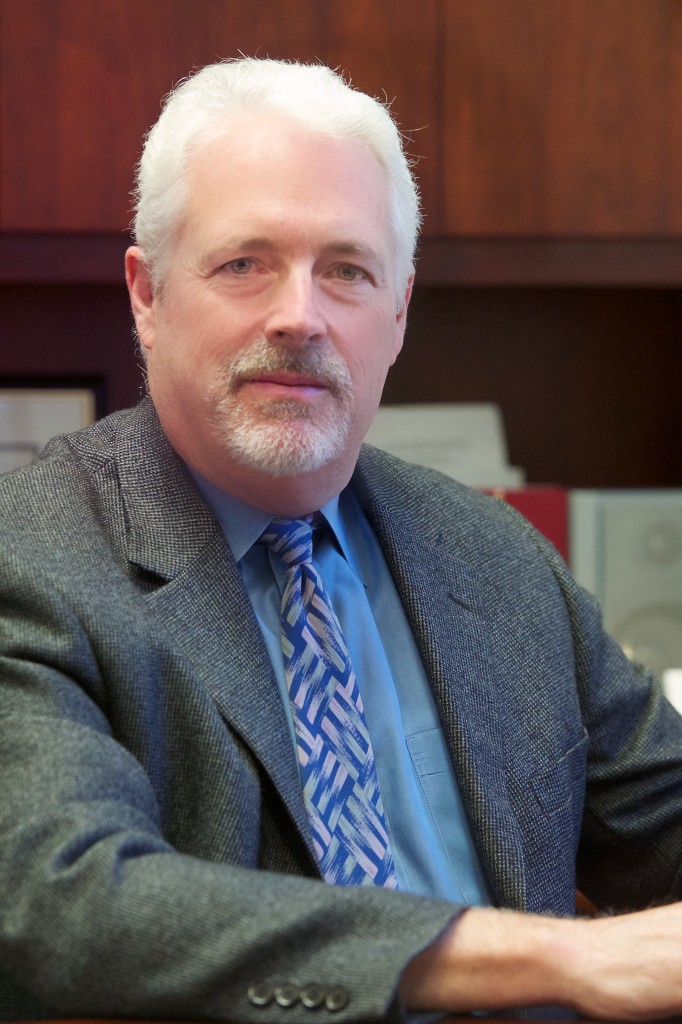 California State University, Dominguez Hills announces the appointment of Dr. Rodrick Hay as dean of the College of Natural and Behavioral Sciences (CNBS), effective July 1.
California State University, Dominguez Hills announces the appointment of Dr. Rodrick Hay as dean of the College of Natural and Behavioral Sciences (CNBS), effective July 1.
Hay came to CSU Dominguez Hills in 1996 as a member of CNBS’s Department of Earth Science faculty, first as an assistant professor and now as a full professor. He chaired that department from 1999 to 2002 and again in 2004, the same year he received the university’s Presidential Outstanding Professor Award. In 2005 he was named associate dean of CNBS, his current position.
Hay has his doctorate and master’s in geography from the University of Arizona, an MBA from the University of Santa Clara, and a bachelor of earth science from Northern Arizona University. His research expertise is in remote sensing, specifically in using satellite imagery to monitor land use and land cover change. He has worked extensively overseas, particularly in southern Zambia tracking Tonga migration and the resulting deforestation.
He is the principal and co-principal on more than $6 million worth of grant-funded projects related to his research as well as programs that benefit the college. One such program, established through a grant from the Environmental Protection Agency, is the interdisciplinary Center for Urban Environmental Research, which coordinates and supports urban environmental activities and research on the campus. Through that program Hay was instrumental in establishing the university’s Master of Science degree in environmental science in 2009.
“Dr. Hay’s record of research, dedication to diversity and student success, along with his administrative experience and knowledge of the college and university operations will serve him well in this new role,” said CSU Dominguez Hills Provost Ramon Torrecilha.
The College of Natural and Behavioral Sciences consists of the departments of anthropology, biology, chemistry and biochemistry, computer science, earth sciences (geology and geography), mathematics, physics, political science, psychology and sociology, and the behavioral sciences program. It currently serves more than 3,000 students.